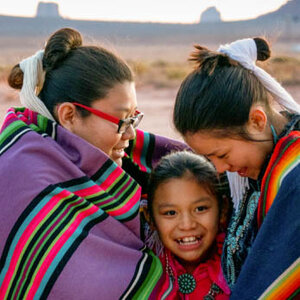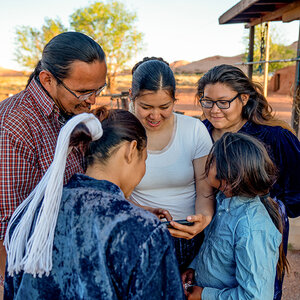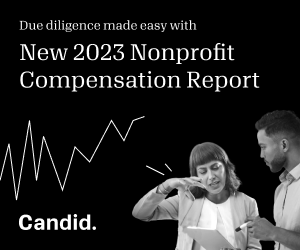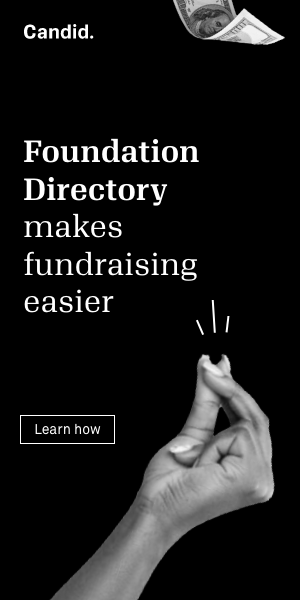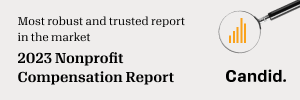Native American Advancement Foundation
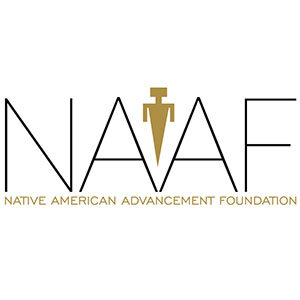
Mission: To assist and promote research-based, community-driven, sustainable development throughout the Tohono O'odham Nation.
About the organization: The Native American Advancement Foundation’s (NAAF) board president, Susan Warmack, was born in GuVo District, located in Southern Arizona’s Sonoran Desert bordering Sonora, Mexico, and grew up living in the Tohono O’odham Nation. This federally recognized tribe includes approximately 28,000 members occupying tribal lands in Southwestern Arizona. In 2010, her nine-year-old son, David, recognizing a need for literacy in his village, challenged his mother to help him organize a program to assist the community, as he enjoyed visiting his mother’s childhood home in the village of GuVo and learning about his heritage from his grandmother in her native language. With the involvement and support of the people of GuVo and the counsel of Dr. Tim Finan from the University of Arizona, they incorporated the Native American Advancement Foundation as a nonprofit organization in April 2011.
Today, NAAF focuses programming in the western region of the Tohono O’odham Nation (TON) in the GuVo District and the villages of Ali Chugk, Ku:Kaj, Pia Oik, and GuVo Village, where more than 75 percent of the community lives below the poverty line, mostly experienced by children, youth, and elders. The region is challenged by a lack of infrastructure and remote geography, where annual monsoons contribute to isolation by flooding roads in and around the region. The isolation exacerbates food insecurity and lack of access to economic development, public safety, health, education, and elder care. The organization is committed to providing more opportunities for growth and development in the community to help every community member get better access to education, health care, and sustainable food.
Current programs: NAAF’s education program features an afterschool program within the Tohono O’odham Nation, a summer adventures program that promotes education by focusing on teaching reading, math, technology, and health education, and a GED program that helps people return to the workforce by providing instruction and support while they earn their GED. The organization’s health program works to address the problematic use of alcohol and illicit substances among minors and to promote healthful behaviors and diabetes prevention. The arts program works to preserve and document the O’odham language, provide immersion lessons for the community, and teach traditional arts. The food sovereignty program works to develop traditional food education and maintain a farm site. NAAF’s housing program works alongside tribal individuals, families, and volunteer workers to help purchase necessary materials to provide adequate shelter and home improvements to the neediest. NAAF’s environment program teaches the benefits of recycling and water harvesting, and the animal welfare program provides dog food to the many “Rez Dogs” in the GuVo District.
Website: The NAAF website offers visitors information about its history, board, projects, partnerships, and collaborations. In addition, a compendium of educational and community resources is available. There is also information about the organization’s skate park and the nonprofit grocery store and grill that works to address the issue of food scarcity. Visitors can learn more by reading the organization’s impact report, newsletters, and eblasts.
Funding: NAAF is supported by individual contributions, investment income, program services, and government grants.


